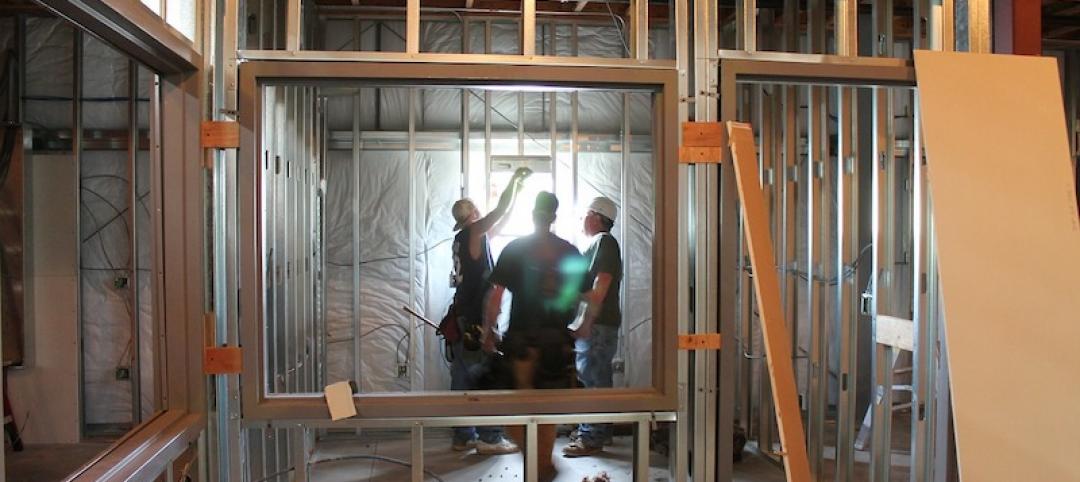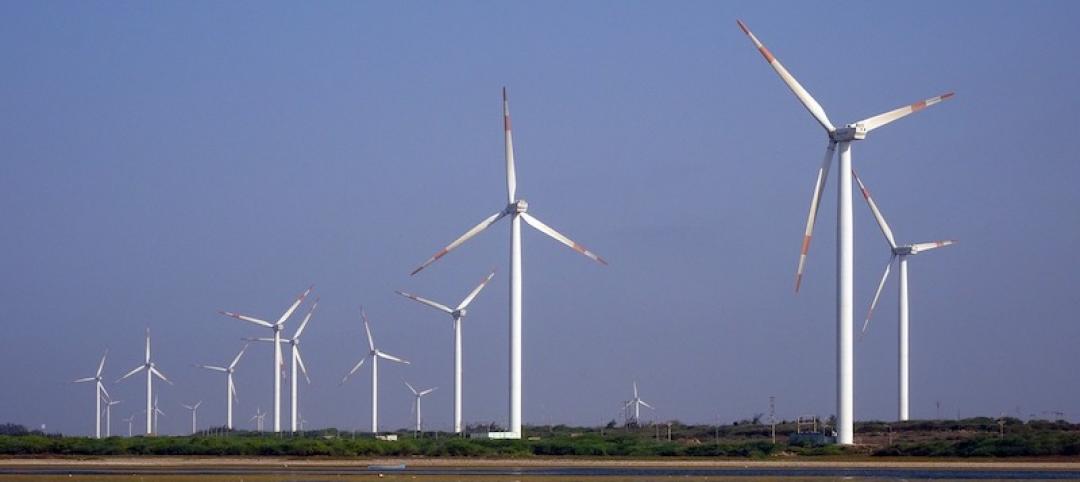The Eugene, Ore., City Council recently passed an ordinance aimed at steeply reducing energy consumption and greenhouse gas emissions. The city of 158,000wants to reduce community-wide greenhouse gas emissions 10% below 1990 levels by 2020, and reduce fossil fuel use by 50% by 2030.
Eugene is developing an energy inventory for its entire economy. After that is completed, it will consider voluntary energy-saving measures in the private sector, such as easier permitting for energy-efficient construction and energy performance scores for commercial buildings. The city will also consider other measures like commercial food-waste composting in restaurants and grocery stores to reduce methane emissions from landfills.
Eugene has made significant progress in reducing emissions recently from transportation without any concerted plan. Transportation emissions have dropped 2.5% per year since 2010, despite some population growth. This is largely due to economic and cultural shifts: the recession, the rise of telecommuting, online shopping and entertainment, transit, biking, more efficient cars, and higher gasoline prices. The city has encouraged these trends by improving bus service and developing a master plan for sidewalk and bike path improvements.
City government has rejected hard caps on emissions to date, focusing instead on voluntary measures and incentives for the private sector.
(http://grist.org/climate-energy/what-can-small-cities-do-to-fight-climate-change/)
Related Stories
Codes and Standards | May 13, 2020
Researchers flag insufficient training for construction workers on healthcare projects
May contribute to fungal disease outbreaks that endanger patients
Codes and Standards | May 8, 2020
New NIBS report evaluates natural disaster mitigation strategies
Document examines strengthening buildings for flood, wind, wildfires, and earthquakes.
Codes and Standards | May 6, 2020
A few ways contractors can manage COVID-19 risks
Staggered start times, rigorous tool cleaning, virtual training among the strategies.
Codes and Standards | May 5, 2020
NAHB loses influence in 2021 IECC building code development
Despite objections from the National Association of Home Builders (NAHB), the development of the 2021 International Energy Conservation Code (IECC) is nearing conclusion. NAHB objected to several more stringent energy efficiency provisions.
Codes and Standards | May 5, 2020
2020 IECC will lead to significant carbon emissions reductions
New model building code nearly finalized.
Codes and Standards | May 4, 2020
New York expands prevailing wage law
Now includes private projects with 30% or more of public subsidies.
Codes and Standards | May 1, 2020
OSHA says most employers don’t have to track worker COVID-19 infections
Agency clarifies responsibility for contractors, others.
Codes and Standards | Apr 29, 2020
New York City tightens restrictions on construction during pandemic
Dept. of Buildings has issued more than 100 violations and stop-work orders.
Codes and Standards | Apr 28, 2020
ASHRAE, WELL panels to tackle revising standards to limit spread of viruses in buildings
Will examine ways to reduce infectious threats through building designs and operations.
Codes and Standards | Apr 24, 2020
Dept. of Labor issues guidance for respiratory protection during N95 shortage
Elastomeric respirators or powered, air-purifying respirators, and expired N95s are allowable alternatives
















